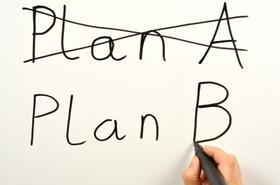I have been writing about corporal punishment in K-12 schools since 1999. Frankly, I am appalled that 19 states in 2019 still permit corporal punishment in their public and private schools. As of 2019, Alabama, Arkansas, Arizona, Colorado, Florida, Georgia, Idaho, Indiana, Kansas, Kentucky, Louisiana, Missouri, Mississippi, North Carolina, Oklahoma, South Carolina, Tennessee, Texas, and Wyoming have not banned corporal punishment. The United States does not have a federal law prohibiting corporal punishment in public or private schools, much less in the home. State and local laws govern education in almost every respect. Local and state taxes fund public education. Therefore, it has been the local and state authorities which make the rules regarding how students are disciplined.
What is corporal punishment?
UNICEF defines corporal punishment as “any punishment in which physical force is used and intended to cause some degree of pain or discomfort, however light. Most involve hitting (“smacking”, “slapping”, “spanking”) children, with the hand or with an implement "
How many children are involved with corporal punishment?
"A total of 163,333 children were subject to corporal punishment in these states’ public schools during the 2011–2012 school year.
What are the negative consequences of corporal punishment?"
Why do 19 states still permit corporal punishment? posits that corporal punishment still exists because administrators and teachers think it does some good. They base their decision to use corporal punishment not on any evidence drawn from research but rather from their own opinions and feelings.

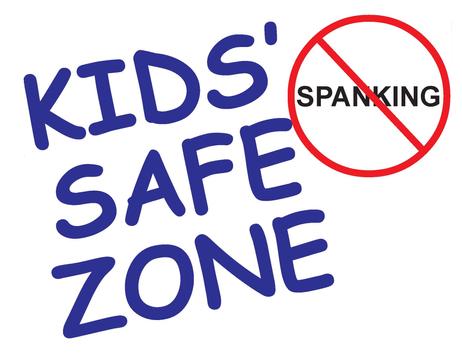
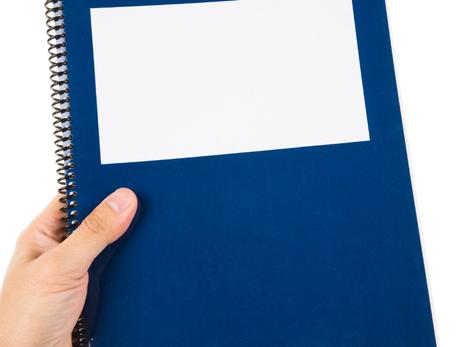

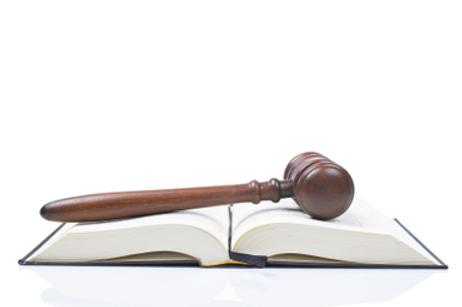
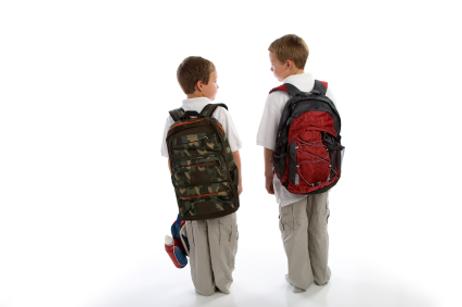



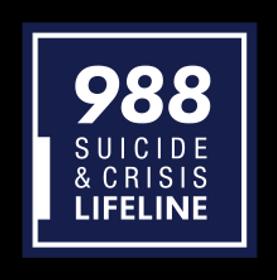

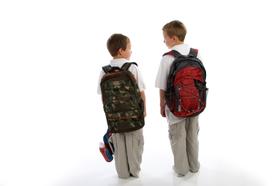
















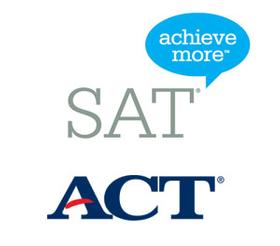


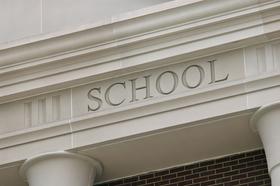


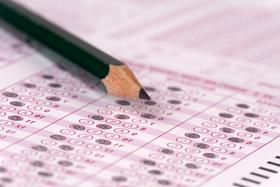













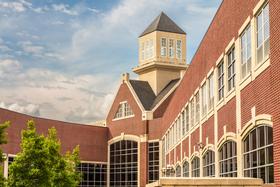

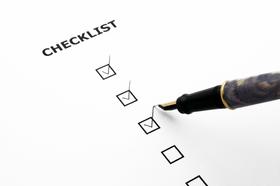

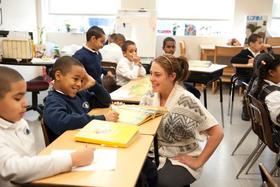
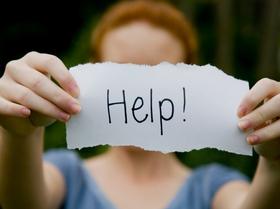
-4c3194pi4wis8gsg004w0g44w-280.jpg)



